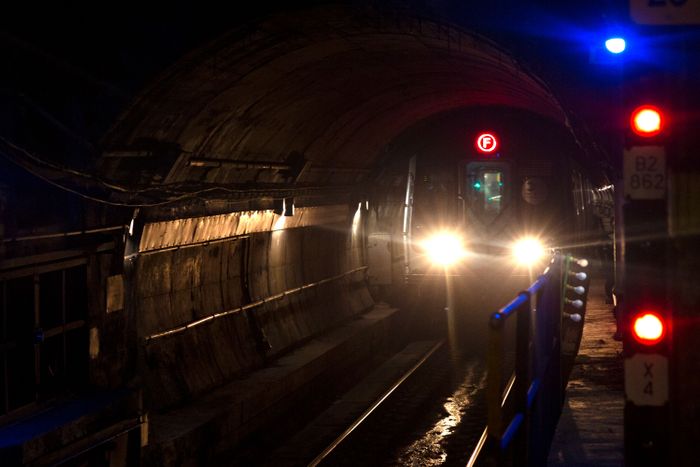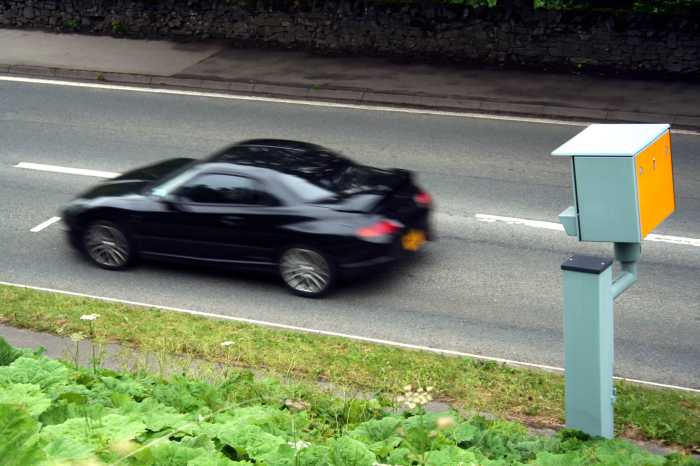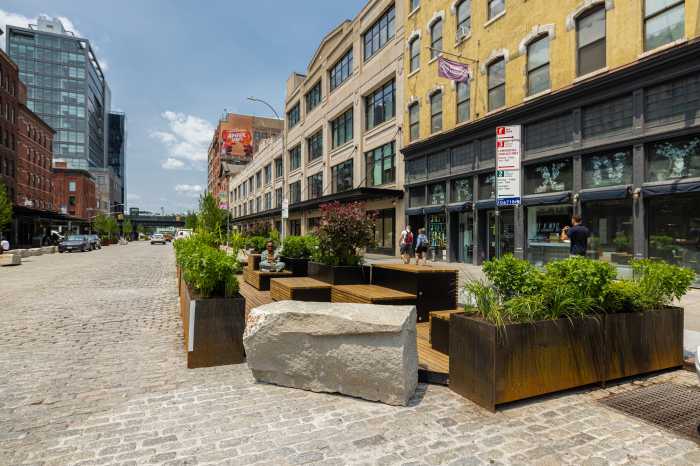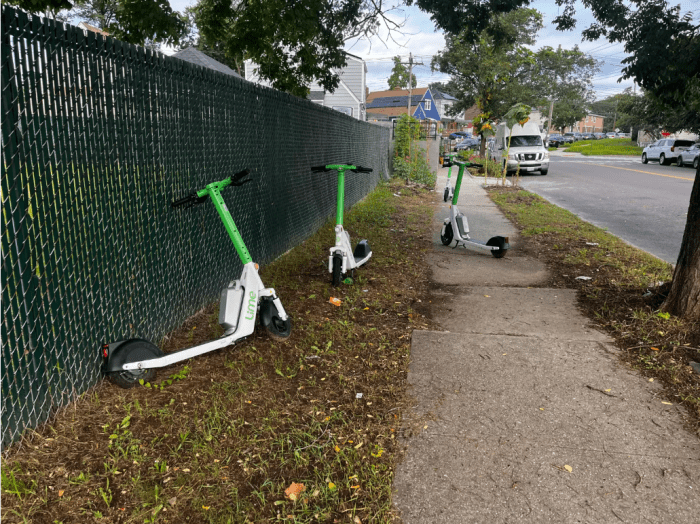Despite the pandemic and an uncertain financial future, MTA continues with a number improvement projects, namely those on the F line in Brooklyn.
The agency has been working to modernize the F train with new signaling in the last month that include a partial closure the the Rutgers Tube between Manhattan and Brooklyn which has been on the table with other Superstorm Sandy related repairs.
“We are committed to adding modernized signals and providing the best service possible for our customers in Brooklyn,” said Janno Lieber, Chief Development Officer at the MTA. “It is important that this project, and projects like it, have continued safely during the COVID-19 pandemic.”
Also announced by the MTA is a service change: for one week in August and September, F trains will only operate express between 18th Avenue and Avenue X in Brooklyn. This is due to the replacement of what the MTA says are 70-year-old signals between Church Avenue and Coney Island with Communications Based Train Control (CBTC) along with the effort to replace Kings Highway Interlocking system, which has been underway since 2017.
Work on the Rutgers Tube is expected to follow the blueprint of how the state addressed the Canarsie Tunnel on the L train that left thousands of commuter uncertain about the future of their daily lives and commutes. The state will again opt for a plan from Cornell University to coat the bench-walls of the tunnels with fiber-
From August 2020 to March 2021, the MTA plans to reroute service on the F line overnight to the C train between Jay Street-MetroTech and West 4th Street in Manhattan, and along the E line from West 4th Street to 36th Street in Queens.
Switch repairs on the 4-5-6 trains started last week that is included in about $3 billion worth of repairs already committed prior to the COVID-19 pandemic by the MTA, which has been requesting since April about $4 billion from the federal government to support their operations through the rest of the year.
After COVID-19 reduced ridership across all MTA system by up to 90%, the agency has been slow to recovering this fare box revenue loss as many continue to work from home while others avoid mass transit out of an abundance of caution for their health.
In July, the agency announced that without an infusion of funds in a stimulus package they could have a $16 billion deficit by 2024.































